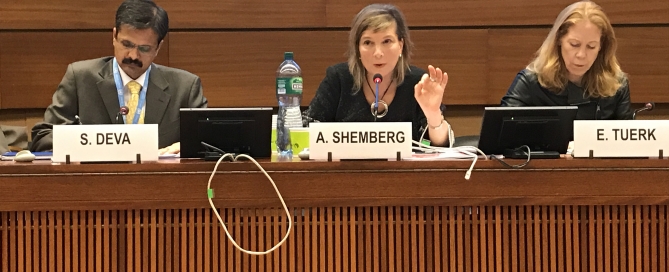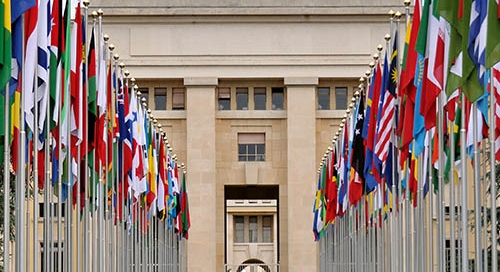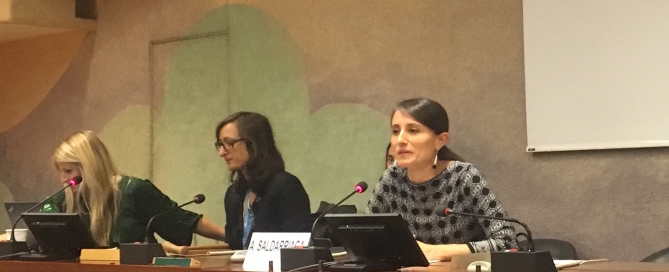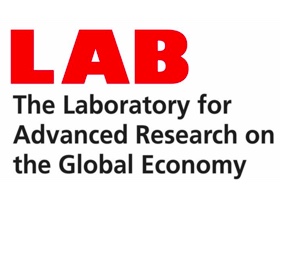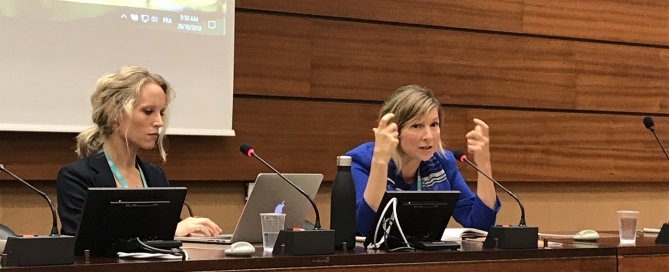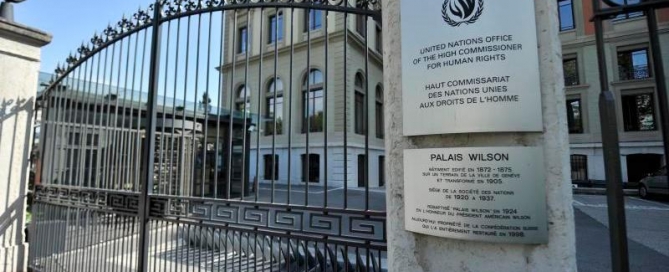Lab fellow challenges human rights advocates to think more creatively on investment policy reform
On 27 November Andrea Shemberg, Visiting Fellow at the Laboratory for Advanced Research on the Global Economy (Lab), delivered a presentation about implementing the United Nations Guiding Principles on Business and Human Rights (UNGP) into investment policy at the 2019 UN Forum on Business and Human Rights in Geneva. The panel discussion offered Shemberg an opportunity to present the research she and Andrea Saldarriaga (also a Visiting Fellow at the Lab) had conducted on the scope and substance of what the UNGPs envision. She argued that while international investment reform has narrowly focused on reforming international investment agreements (IIAs) and investor-State dispute settlement (ISDS), the UNGPs envision that reform is needed across all government functions that promote, facilitate, fund, insure and protect investment.
She also presented the six key issues identified through the research regarding what the UNGPs ask States to integrate into reform efforts. These six key issues aim to reshape traditional investment legal and policy discussions. They include:
1. Revisiting how we understand ‘investor protection’ to integrate the idea that investments are safer when they respect human rights.
2. Augmenting the current singular focus on the protection for foreign investors with a focus on addressing access to remedy in “cross-border” cases, where rules such as separate legal personality and practical difficulties such as gathering evidence across jurisdictions create special vulnerabilities for adversely impacted individuals and communities.
3. Recognising that States do not only have a right to regulate, but indeed a duty to regulate to meet their international human rights law obligations.
4. Integrating, along with the expectations of investors, those expectations of home and host States as well as individuals, communities and publics that investors respect human rights in line with the UNGPs.
5. Improving transparency and disclosure across […]


